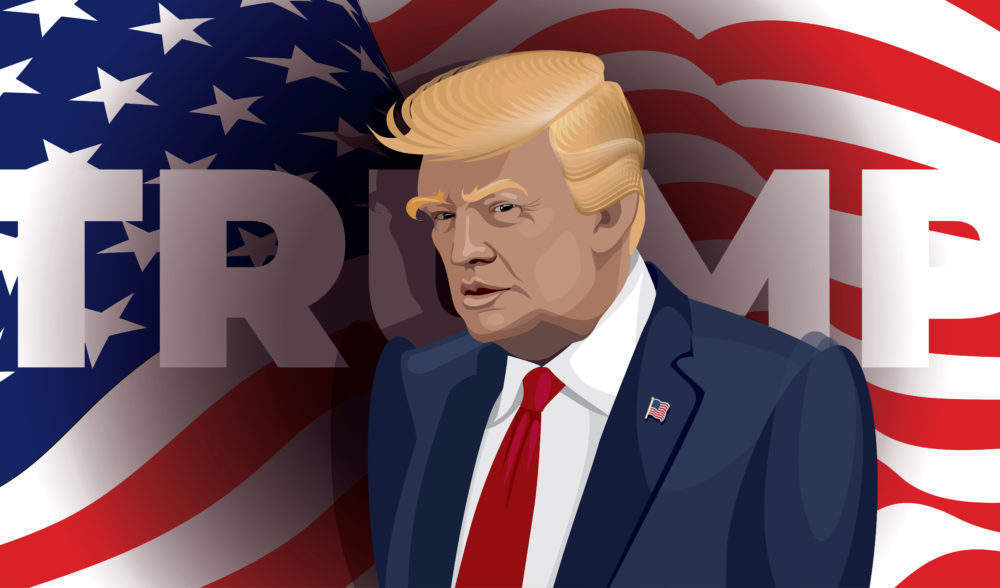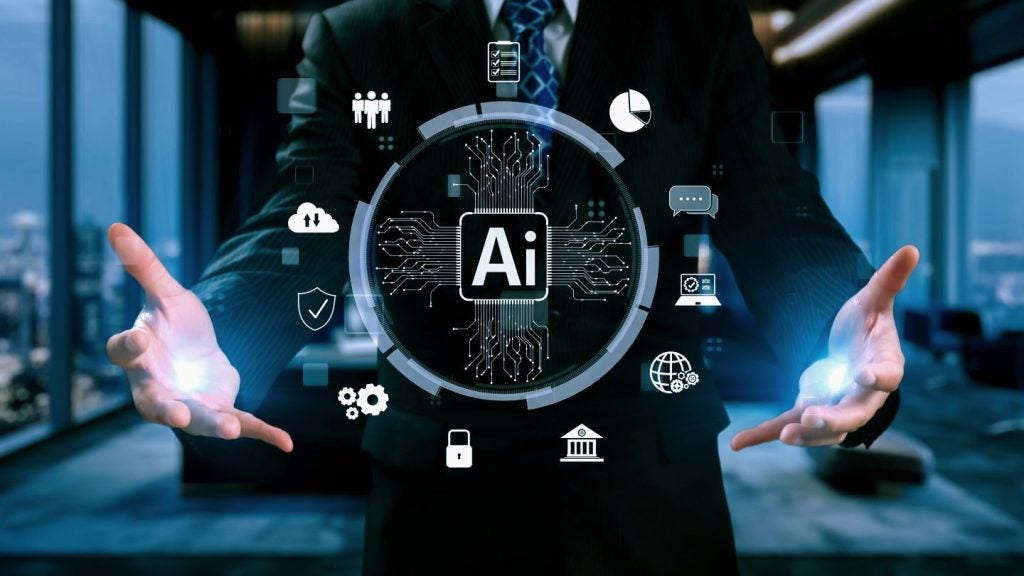
Since Donald Trump won the US Presidential Election on 5 November, speculation on media platforms his second term has been rife. Journalists are often inundated with offers of industry comment for coverage of both national and global events. But post-election, Verdict noted a deathly silence from US tech industry professionals unwilling to invite the pall of anti-Trump judgement. In practical terms, many of those same tech leaders, no matter their personal politics, may (quietly) welcome a Trump win and some of the forthcoming administration’s policy pledges.
Movement on highly-skilled worker visas
It has long been a gripe of US Big Tech looking to address their specialist skills gap, particularly in California’s Bay Area, that they are operating under a dysfunctional immigration system when it comes to high-skilled labour.
There is bipartisan agreement that the US should grant more highly-skilled worker H1B visas. During his first presidential administration, Trump failed to enact policies to increase the H1B visa quota. But things may be different now that Silicon Valley power players have the ear of Trump 2.0 and H1B visas are such a high policy priority for this cohort of MAGA supporters.
In fact, there was a marked departure in Trump’s immigration election pledges in 2024. While cracking down on illegal immigration was a cornerstone of his campaign, the President-elect made a notable exception for highly-skilled tech workers, particularly those graduating from US universities, which has led some to predict that foreign born tech workers will have an easier time obtaining permission to remain in the US.
Some two-thirds of AI graduate students in US universities are foreign born which means restrictions on companies hiring foreign born candidates out of US universities can significantly affect global competitiveness.
However, there remains planned immigration processing fee hikes, which some believe have the potential to exacerbate skills shortages. Registrations fees are set to rise in 2025 by 2050% they will rise to $215 and application fees by 70% to $780. Such fee hikes are not likely to deter Big Tech for whom the skills are critical.
How well do you really know your competitors?
Access the most comprehensive Company Profiles on the market, powered by GlobalData. Save hours of research. Gain competitive edge.

Thank you!
Your download email will arrive shortly
Not ready to buy yet? Download a free sample
We are confident about the unique quality of our Company Profiles. However, we want you to make the most beneficial decision for your business, so we offer a free sample that you can download by submitting the below form
By GlobalDataBullish on AI
According to Stanford University’s 2024 Human Centred Artificial Intelligence report the number of AI related regulations in the US has risen significantly in the past year and over the last five years. In 2023, there were 25 AI-related regulations, up from just one in 2016. Last year alone, the total number of AI-related regulations grew by 56.3%.
While the rise in regulation reflects the rapid pace of AI development, the Republican National Congress’ (RNC) election manifesto explicitly cited an AI deregulation pledge, promising to repeal President Biden’s AI Executive Order for safe and trustworthy AI passed in October 2023.
“We will repeal Joe Biden’s dangerous Executive Order that hinders AI Innovation, and imposes Radical Leftwing ideas on the development of this technology. In its place, Republicans support AI Development rooted in Free Speech and Human Flourishing,” according to the RNC’s official 2024 Platform.
Trump has publicly aligned his energy policy with global AI competitiveness, demonstrating an understanding and tacit commitment to the technology industry that he will ensure energy provision for power-hungry AI development.
Bullish on the space economy
The RNC election policy platform also pledges to “expand freedom, prosperity and safety in space under republican leadership” by creating a robust manufacturing industry in Near Earth Orbit, sending US astronauts back to the Moon, and onward to Mars, and enhancing partnerships with the rapidly expanding commercial space sector to “revolutionise our ability to access, live in, and develop assets in space.”
According to GlobalData Thematic Intelligence, the space economy is projected to reach between $760bn and $1trn by 2030. Much of this growth will be led by private sector advancements making space ventures easier and cheaper. And a surge in start-ups and market consolidation will intensify space sector competition. A favourable businesses environment for the space economy is something SpaceX founder Musk and Blue Origin’s Jeff Bezos will surely welcome.
Business tax breaks
In his first presidential term, Trump cut the US corporate tax rate from 35% to 21% in 2017. During a campaign trail speech in September at the Economic Club of New York, the President-elect promised to expand on his 2017 business tax cut, slashing corporate tax further to 15%.
“To further support the revival of American manufacturing, my plan calls for expanded R&D tax credits, 100% bonus depreciation, expensing for new manufacturing investments, and a reduction in the corporate tax rate from 21% to 15%, solely for companies that make their product in America,” he said.
Antitrust regulation
The Biden administration led the charge in antitrust action, driven by long-time Big Tech adversary, US Federal Trade Commission (FTC) chair Lina Khan. It is not clear whether Trump will relax antitrust scrutiny of Big Tech dominance. Indeed, Vice President elect, JD Vance, has been vocal about the need for forced Big Tech divestment. But some tech investors have criticised the FTC’s broad brush approach which they say has led to a dive in M&A activity. A question mark remains around whether a Trump administration could, or would, reverse regulatory encroachment on Big Tech by instituting a new federal bureaucracy.
GlobalData research director Emma Mohr-McLune and principal analyst Gary Barton’s US Election 2024: AI, Antitrust and Deglobalisation report notes that Trump is likely to favour US commercial interests globally over antitrust breakups. And furthermore any decisions made will not be Trump’s alone. “Work by various regulatory and political bodies is already ongoing on issues such as AI and alleged antitrust behavior by technology giants such as Microsoft and Google.
Trump will have to work with organisations across the regulatory landscape (only some of which are run by political appointees) as well as the US Congress. He will also have to deal with international bodies such as the EU and major economies such as China and India – whether in cooperation or opposition,” according to Mohr-McLune and Barton.
Whether Trump extends the Biden administration’s efforts to address Big Tech dominance, with owner founders directly in their sights, tech investors have reason to be positive about the forthcoming regime change.
In 2021, some 1,000 companies went public in what turned out to be a historic year for IPO volumes. But the number fell to 179 in 2022 and just 148 the following year. With the IPO market more or less grinding to a halt over the last few years, venture capitalists will welcome markets rallying after Trump’s win. Bullish markets provide the macro environment for IPOs to return.
Picking through what Trump has publicly pledged on the campaign trail, along with RNC pledges, may indicate the direction of travel for the industry over the next four years. But then again, almost everything is conjecture at this point, except for the certain potential for a very turbulent few years ahead. The tech industry is no stranger to disruption and that is, indeed, what Trump is promising.







